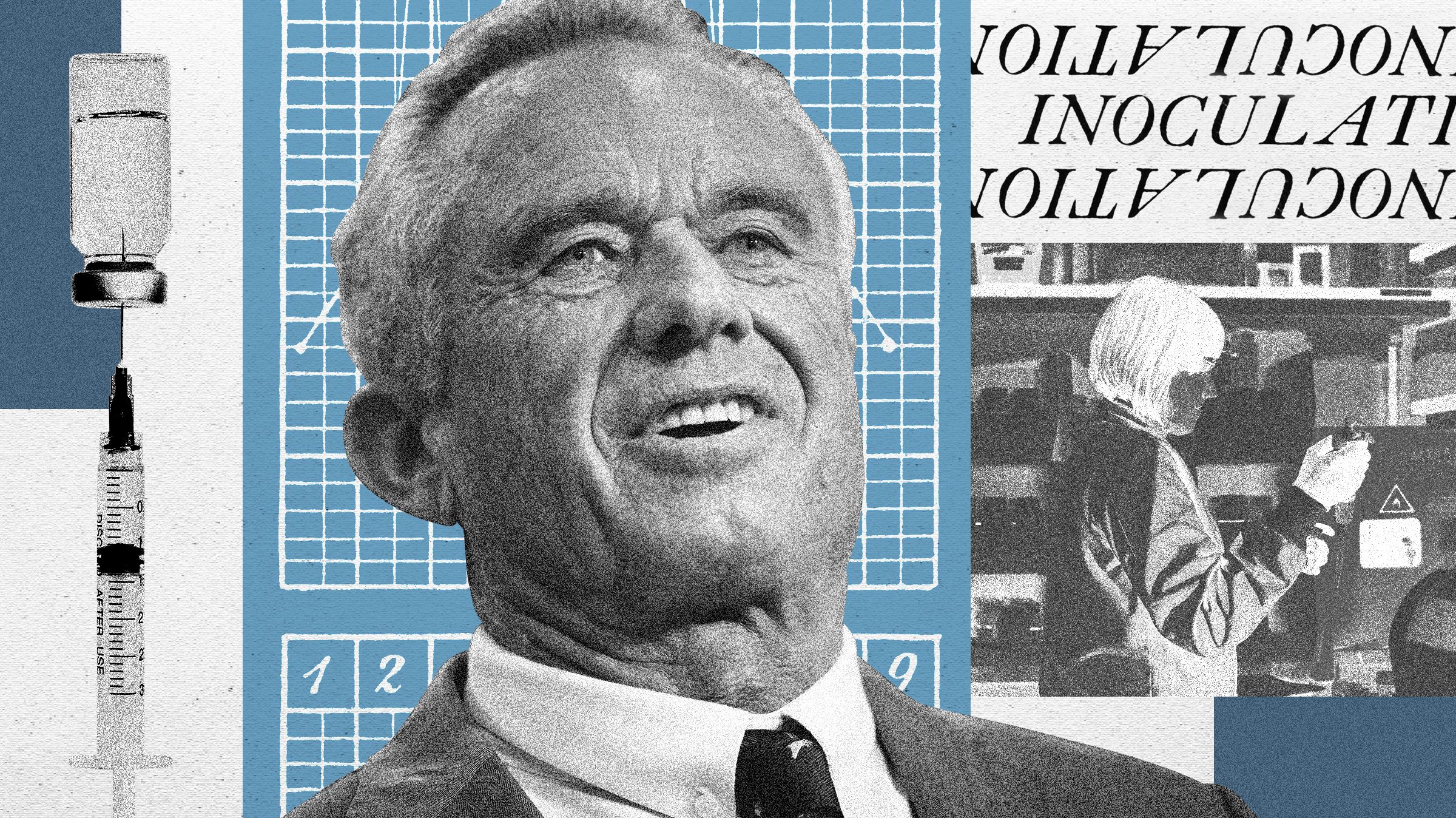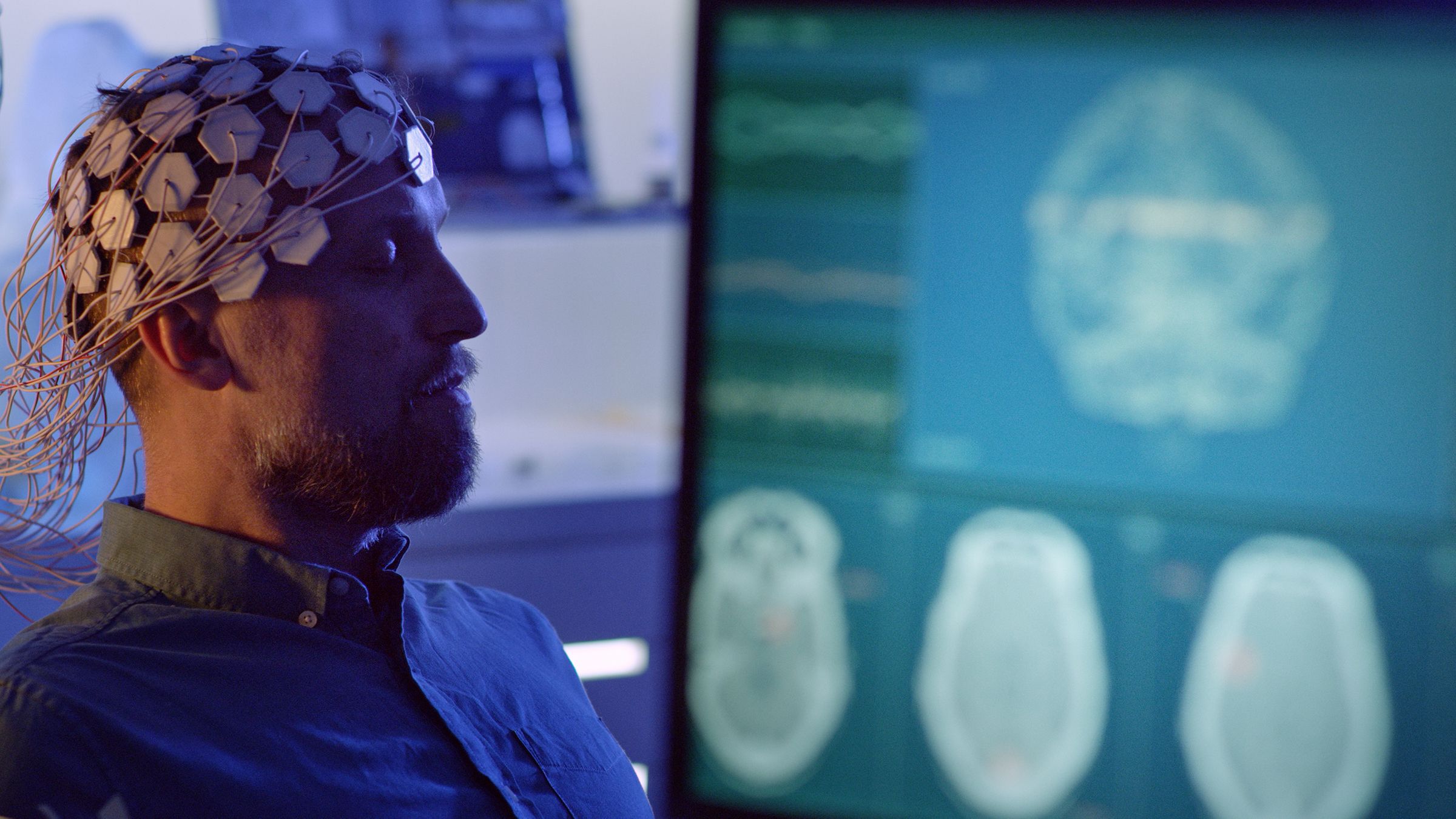RFK Jr. Is Supporting mRNA Research—Just Not for Vaccines
RFK Jr. Is Supporting mRNA Research—Just Not for Vaccines
Robert F. Kennedy Jr., a prominent anti-vaccine advocate, has recently voiced his support for mRNA research in the field of...

RFK Jr. Is Supporting mRNA Research—Just Not for Vaccines
Robert F. Kennedy Jr., a prominent anti-vaccine advocate, has recently voiced his support for mRNA research in the field of medicine. While he has been vocal about his concerns regarding the safety and efficacy of COVID-19 vaccines, Kennedy is now emphasizing the potential of mRNA technology in other areas of healthcare.
One of Kennedy’s main arguments is that mRNA research should not be limited to vaccines, but should also be explored for other medical treatments such as cancer therapies and gene editing. He believes that this technology has the potential to revolutionize the way we approach a wide range of diseases.
By shifting the focus away from vaccines, Kennedy hopes to open up a dialogue about the broader applications of mRNA research and encourage more investment in this promising field. While he acknowledges the importance of vaccines in preventing infectious diseases, he also believes that there is a need to explore other possibilities for mRNA technology.
Despite his controversial views on vaccines, Kennedy’s support for mRNA research has garnered attention from the scientific community. Many experts agree that mRNA holds great promise for various medical advancements, and that it should be further explored beyond its current applications.
It remains to be seen how Kennedy’s advocacy for mRNA research will influence public perceptions and policies surrounding this technology. While he may not support mRNA vaccines, his promotion of research in other areas could lead to significant breakthroughs in healthcare.
In conclusion, RFK Jr. is supporting mRNA research for purposes outside of vaccines, highlighting the potential of this technology for a wide range of medical advancements. While his views on vaccines are contentious, his advocacy for further exploration of mRNA’s capabilities is sparking important conversations within the scientific community.




